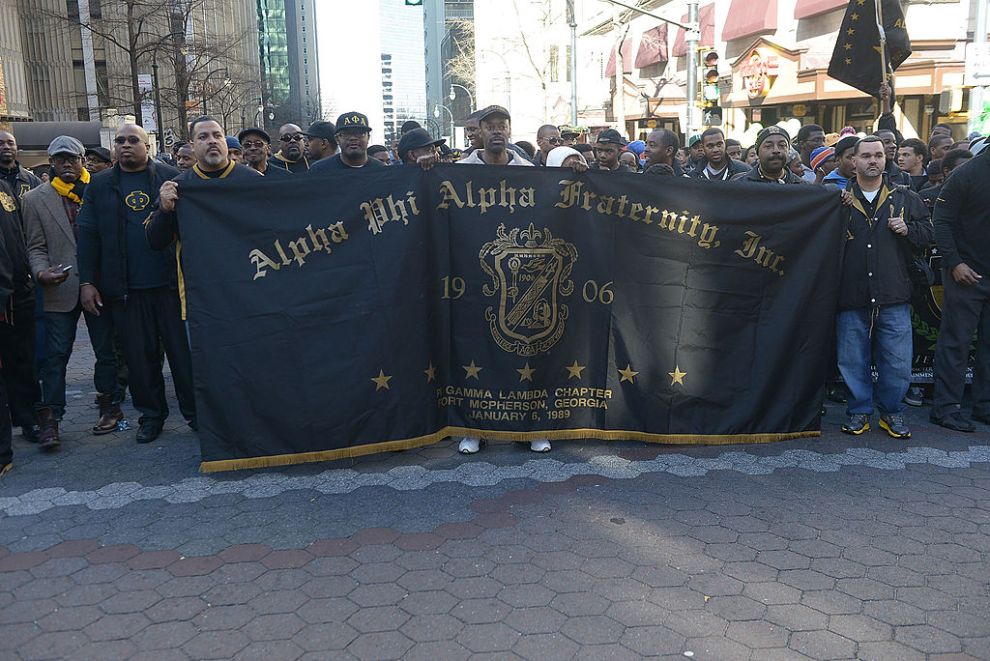Alpha Phi Alpha Fraternity, Inc., founded in 1906 at Cornell University, is currently facing significant backlash over a proposed amendment to ban transgender members. This proposal, under consideration during the Constitutional Convention in Chicago, suggests restricting membership to individuals born male who continue to identify as male.
“This move is discriminatory and exclusionary,” said Deandre Miles-Hercules, a gender creative Alpha member who uses they/them pronouns. “It contradicts our long-standing commitment to human rights.”
The debate has highlighted a generational and ideological split within the fraternity. Older members, often holding traditional views, clash with younger, more progressive members over the amendment.
Community and Member Reactions to Alpha Phi Alpha’s Proposal
Notable members and scholars within Alpha Phi Alpha have expressed disappointment in the proposed policy. “It’s ludicrous to be the fraternity of Thurgood Marshall and Martin Luther King Jr. and ban trans people,” Miles-Hercules added.
The fraternity’s legacy includes influential figures like Thurgood Marshall and Martin Luther King Jr., making the current controversy particularly poignant. Many members and observers have criticized the proposed policy as contrary to the fraternity’s historical civil rights advocacy.
“Their decision to alienate trans and nonbinary people is reactionary and unbecoming of our organization,” Miles-Hercules said.
Broader Implications and Ongoing Debate
General President Willis L. Lonzer III described the Constitutional Convention as an “opportunity to be a part of history.” Delegates from over 700 chapters worldwide will debate proposed amendments, including the contentious transgender ban.
“The character and values of Alpha Phi Alpha are steadfast, but society’s are not,” Lonzer wrote in a letter to members.
The proposed bylaw change not only affects transgender members but also highlights broader issues of inclusivity within Alpha Phi Alpha. The fraternity has reportedly never officially recognized Pride Month, despite calls from LGBTQ+ members for greater acknowledgment and support.
As Alpha Phi Alpha contemplates this significant change to its bylaws, the fraternity stands at a crossroads between its historic values and evolving norms of inclusivity and equality. The outcome of this amendment could influence the fraternity’s direction and role within the larger community.
“This decision could redefine brotherhood in one of the most storied Black fraternities in history,” Miles-Hercules stated.

